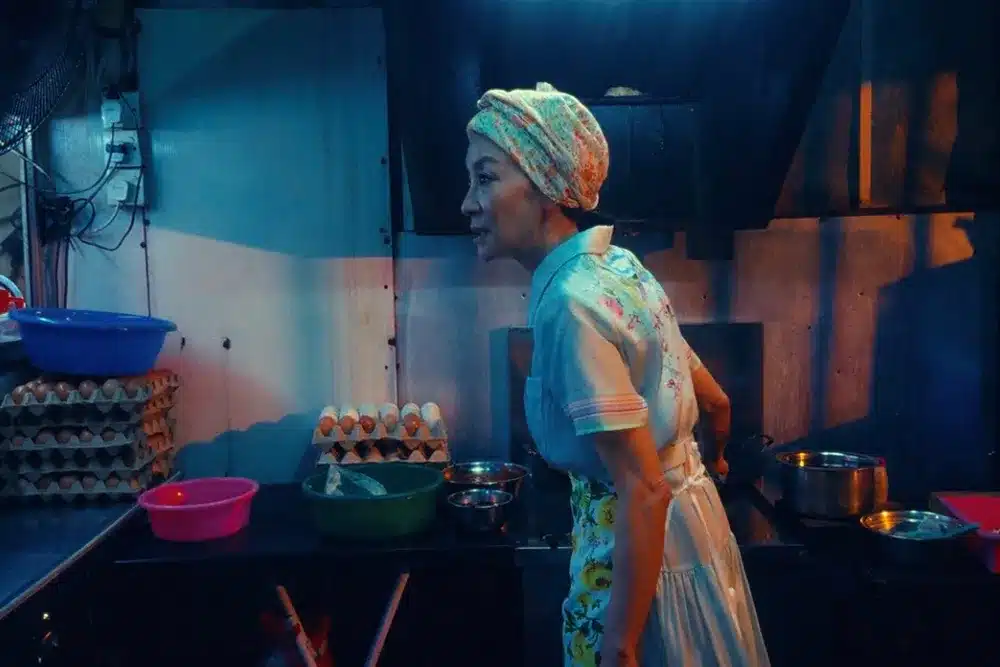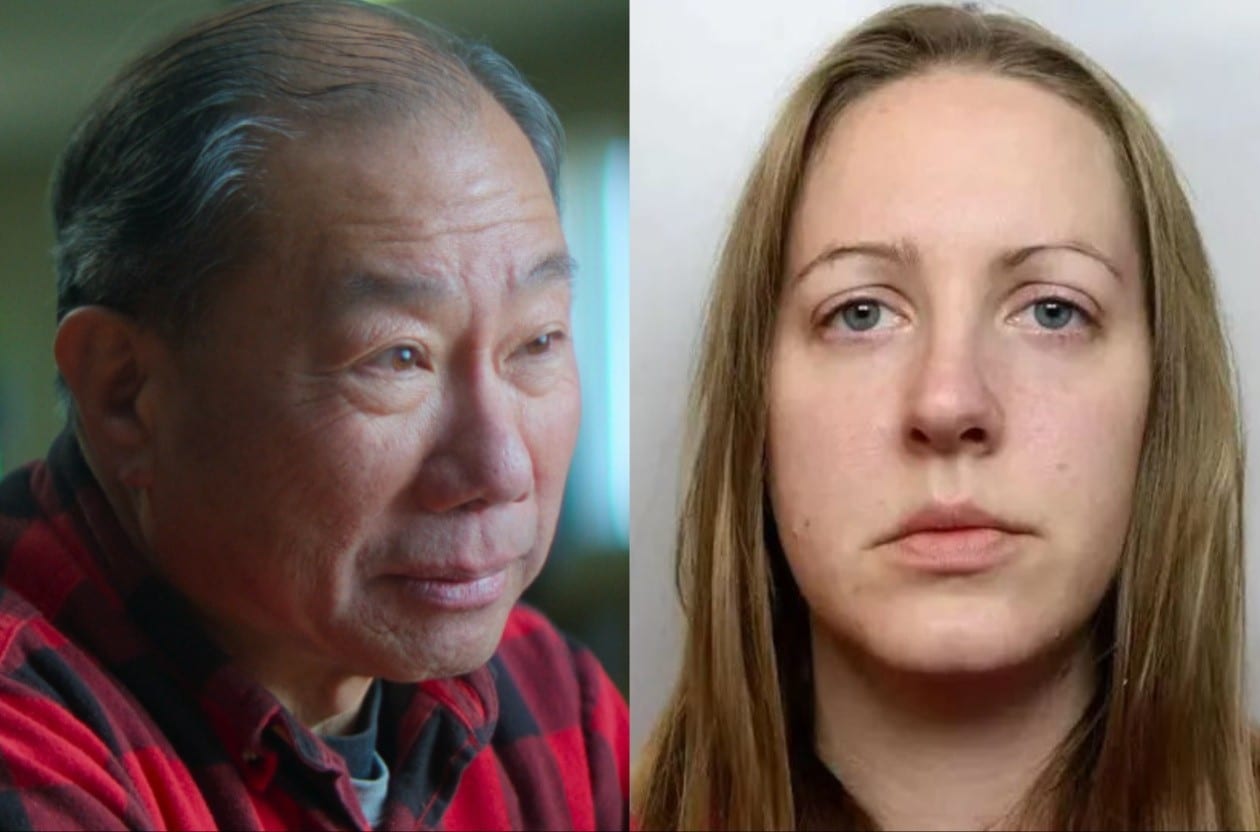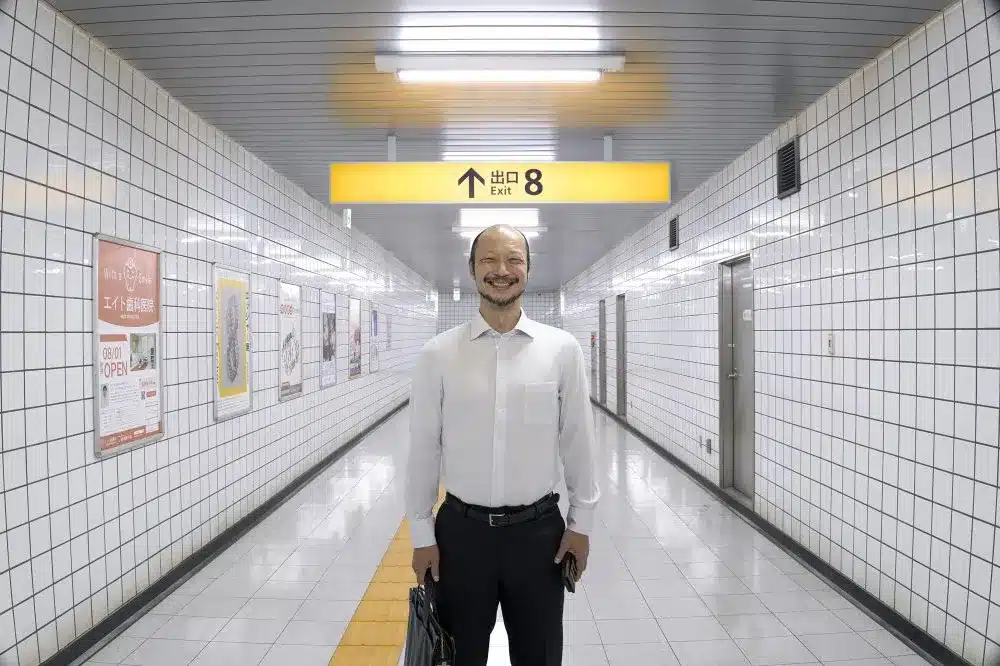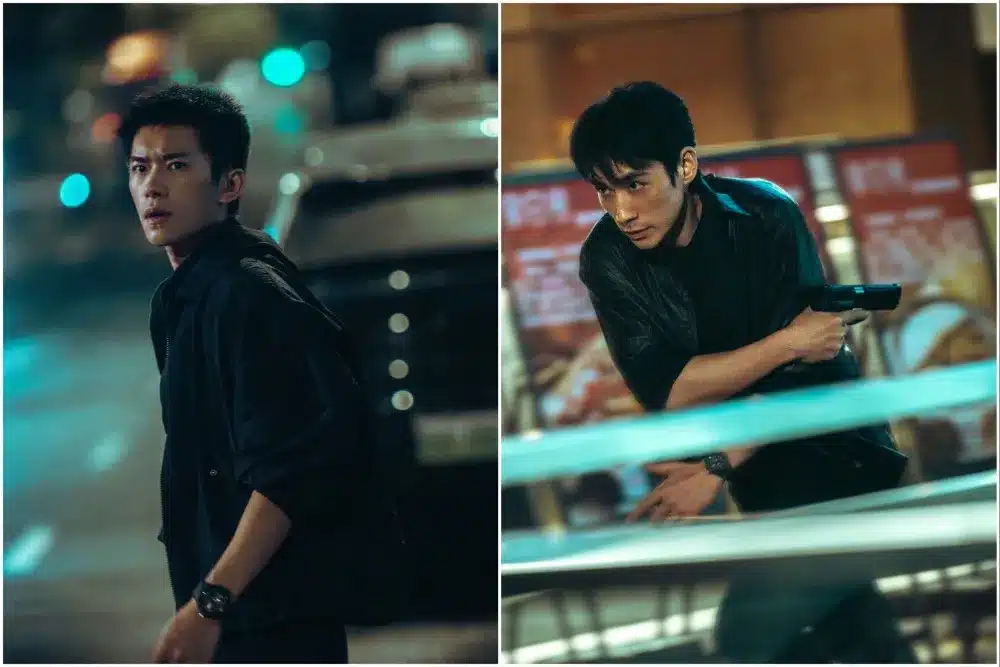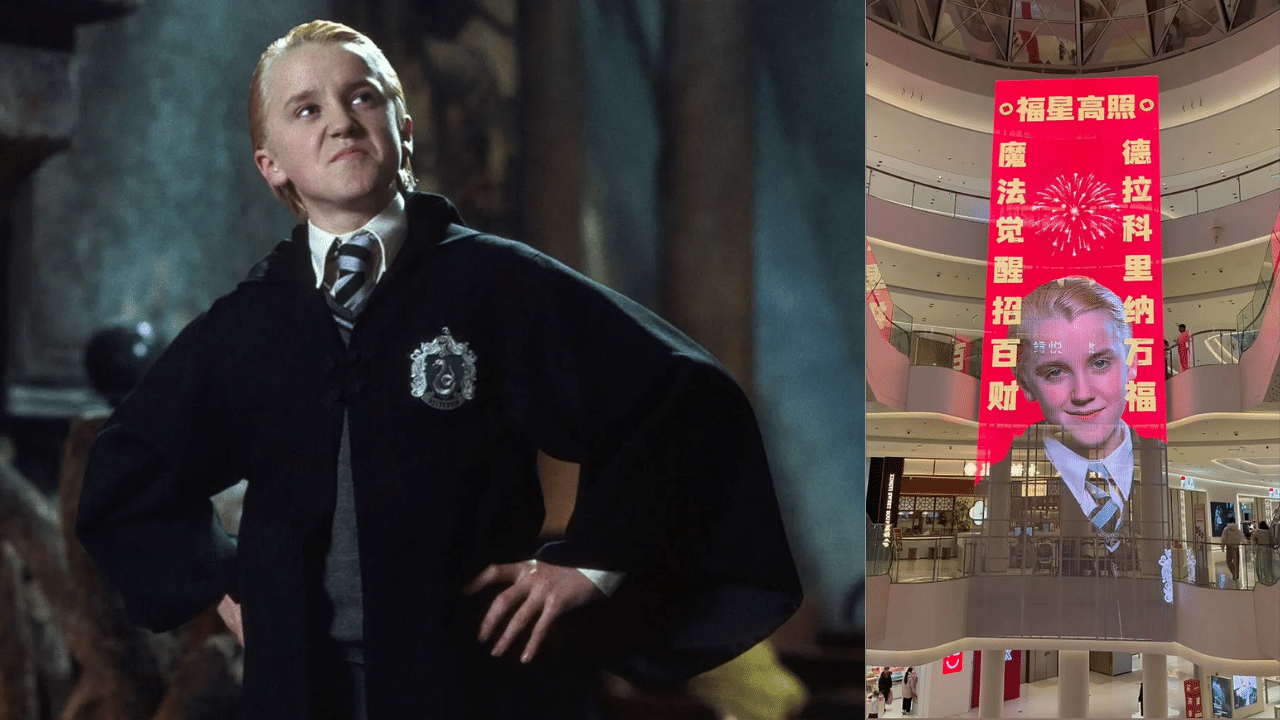Grammy-winning producer Timbaland has launched Stage Zero, an AI-focused entertainment company, introducing its first virtual artist, TaTa, amidst growing concerns about artificial intelligence’s role in creative industries.
On June 5, the company unveiled TaTa, a virtual singer depicted as a young Asian woman, as its inaugural act. Stage Zero, co-founded by Timbaland, AI strategist Zayd Portillo, and film producer Rocky Mudaliar, plans for TaTa to release a debut single this year, pioneering a new genre they term “A-pop,” or artificial pop.
Stage Zero’s production workflow integrates traditional music production with advanced AI. Timbaland’s studio records a demo, then uploads the audio stems to Suno, a generative-audio platform. Suno then expands the arrangement and melody, with human songwriters adding lyrics. Timbaland claims this process has drastically reduced production time “from three months to two days.”
Read more: Eric Nam and Kristen Kish Join ‘The Traitors’ Season 4 Cast
Rocky Mudaliar articulated the company’s ambitious vision: to build “fully autonomous” virtual performers capable of appearing in music videos, social media feeds, and even scripted films. “The artists of tomorrow won’t just be human, they’ll be IP, code and robotics,” Mudaliar stated. Timbaland echoed this ambition, asserting, “I’m producing systems, stories and stars from scratch … TaTa is the first artist of a new generation.” He described TaTa as “a living, learning, autonomous music artist built with AI,” positioning “A-Pop” as “the next cultural evolution.”
Legal and Creative Pushback
This venture comes at a time of increasing scrutiny and legal challenges surrounding generative AI in the creative sectors. Stage Zero’s reliance on Suno places it within ongoing copyright lawsuits. Suno is currently defending itself against accusations from major labels, including Sony Music, Universal Music Group, and Warner Records, of using protected recordings to train its AI model without permission.
At a creative level, the project has met with significant criticism. Young Guru, a long-time engineer for Jay-Z, publicly condemned the initiative on Instagram, stating, “Your voice is powerful and way too important to do anything like this… Human expression can never be reduced to this!!!” Concerns have also been raised online regarding Stage Zero’s decision to feature a digital Asian woman as its first AI artist, rather than a living Asian performer.
The broader conversation about AI in music is fraught with tensions. While some argue AI platforms could offer limitless creative exploration, others, particularly those with a stake in music as a livelihood, view it as a threat. The use of AI to generate music without traditional human input, or to create “deepfakes” of existing artists, has led to controversy, as seen with a viral AI-generated Drake and The Weeknd song and Drake’s own use of AI vocal filters that led to a cease and desist.
Timbaland has acknowledged his own struggles with feeling “obsolete” in a rapidly changing music scene, describing Suno as a “divine lifeline from writer’s block.” However, critics argue that this approach risks prioritizing efficiency over artistic integrity, potentially leading to a widespread replacement of human-made music with derivative content. As one musician commented on an AI-generated blues track, to approximate such art “entirely by proxy, without confronting the drama, is to desecrate it.”
The debate surrounding AI’s role in art, whether it offers limitless possibilities or represents a cynical pursuit of efficiency, continues as Stage Zero’s “A-pop” project enters the public sphere.



